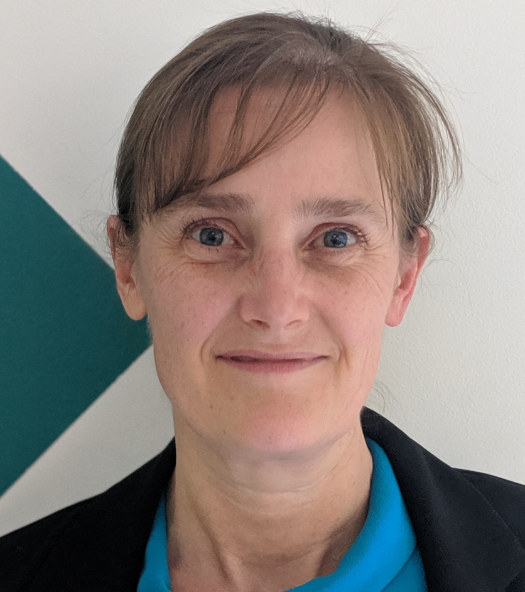
About the Evidence Map service
We deliver Evidence Maps to clients either as a stand-alone product or as part of a broader literature review. The Evidence Map is a comprehensive summary of the results of a systematic search of the literature on a topic, which may be all that is needed to identify gaps in the evidence and to support early business development. Using the Evidence Map to identify the most relevant categories of study means clients receive a literature review that is as free of bias as a systematic review but delivered within a timeline and budget normally associated with a targeted review.
Crystallise Ltd was established in 2012. Our experience of clinical medicine, health informatics, programming and consultancy in healthcare, pharmaceutical, finance and other public sectors gives us a unique perspective on the benefits of applying the learnings and approaches of one discipline to the problems faced by another industry.
The aim of Crystallise is to provide an innovative approach to processing information, using software tools to automate processes that are slower and less accurate when done by humans. Our approach provides clients with greater transparency and scope than they could find for the same budget elsewhere. We work with a network of experts and organisations that help us support clients efficiently and effectively, and we are proud of our flexible and ingenious way of solving their problems.
Using the Evidence Mapper to increase the transparency and comprehensiveness of a targeted literature review:
Using the Evidence Mapper in a Rapid or Scoping Review of the evidence on a topic:

Experience
Our medical and pharmaceutical experience
The Crystallise team has more than 50 years’ combined experience in providing services for healthcare and pharmaceutical clients. Qualified doctors provide medical insight into mortality trends and their drivers. Clinical understanding means new medical developments are rapidly evaluated in the context of current practice and unmet needs.
Staff experienced in systematic reviews and evidence synthesis for pharmaceutical and health technology assessment clients ensure reports are based on systematic evaluation of the evidence.
Staff skilled in writing for a non-medical audience synthesise the evidence into easily understood reports. Pragmatic and systematic evidence synthesis skills mean bespoke reports can be adapted to your requirements, deadlines and budget.
Our modelling experience
The Crystallise team has more than 30 years’ combined experience in modelling data for healthcare, pharmaceutical and financial clients. Data identification and cleansing skills and systematic review expertise ensure reliable and unbiased model inputs. Smoothing and statistical expertise means data can be presented at different levels of granularity without losing validity or confusing outputs with unnecessary “noise”.
Staff with combined medical, financial and modelling skills mean model outputs make sense for clinicians, actuaries, financial advisors and healthcare payers or providers. Mortality models allow you flexibility in choosing outputs, including central mortality, curves of death, life expectancy and years of life lost – overall and by cause of death.

The team

Dr Chris Martin (Director and Head of Modelling)
Chris is a former General Practitioner and Health Informatician with an MSc and PhD from the Centre for Health Informatics and Multi-professional Education at University College, London. He has specialised in cause of death and risk factors-based mortality and longevity modelling to support health care decision-making at the clinical and policy level for over twenty years, and has worked in the pensions and insurance industry since 2008.
He is a Fellow and former Council member of the Royal College of General Practitioners and is a former chairman of the Essex Faculty of the RCGP and the Essex Primary Care Research Network.
Chris is the co-founder of Crystallise Ltd., which provides medical modelling advice and software to the finance, healthcare and pharmaceutical industries. He has contributed to Longevity Science Panel reports The biology of ageing and Life expectancy: is the socioeconomic gap narrowing? At Crystallise, Chris leads the modelling team on developing a range of mortality, infectious disease and clinical trial simulation models.


Dr Alison Martin (Director and Head of Reviews)
Alison has experience as a junior hospital doctor working in general medicine, nephrology, medical oncology, cardiology, general surgery and urology. However, most of her career has been spent working in the field of evidence-based medicine for organisations including Drug and Therapeutics Bulletin, the BMJ Group, Matrix Knowledge Group, Evidera and Crystallise. At the BMJ Group she was a Senior Clinical Editor on evidence-based publications for clinicians and other health care staff and researchers, including BMJ Clinical Evidence, BMJ Best Practice and BMJ Action Sets.
During her time at Matrix, Alison led the team that delivered evidence reviews for a wide range of clients including NICE, the European Centre for Disease Prevention and Control, the Health Foundation, the Ministry of Justice and the Home Office. At Evidera, she led a series of systematic reviews and HTA submissions for pharmaceutical companies. At Crystallise, Alison has led the development of the heoro.com database and the Evidence Map deliverable. She has helped with content generation and editing of reports for the Legal and General Longevity Science Panel and conducted targeted and systematic reviews for pharmaceutical clients, including HTA submissions to NICE.